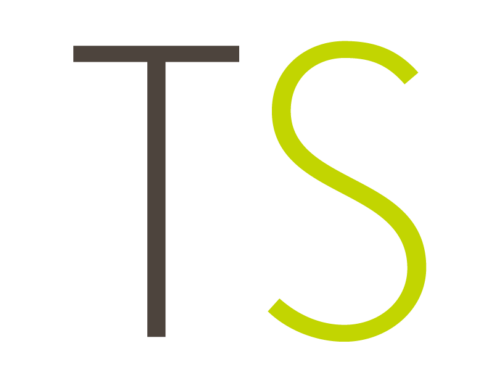Directors owe seven general statutory duties under the Companies Act 2006 (Act). What happens when these duties have not been complied with?
These duties are:
- act within the powers of the company’s constitution
- promote the success of the company
- exercise independent judgement
- exercise reasonable care, skill and diligence
- avoid conflicts of interest
- not accept benefits from third parties
- to declare any interest in a proposed transaction or arrangement that the company intends to enter into.
Firstly, a director’s duties are owed to the company and are not owed to its members or co-directors and therefore, strictly speaking, it is only open to the company to enforce these duties through its board.
Depending on the duties not complied with, the company has a variety of legal options available.
Claims may be available if the company became insolvent upon which the liquidator or administrator may bring such claims as agent for and in the name of the company or by the office holder personally. For example, claims that seek to avoid certain transactions but also misfeasance claims against the directors of the company under the Insolvency Act 1986 which would include a breach of any fiduciary or other duty in relation to the company.
Second, shareholders may also bring a derivative action in the company’s name or alternatively issue an unfair prejudice petition which may include a claim for relief in the company’s name in respect of a cause of action arising from “an actual or proposed act or omission involving negligence, default, breach of duty or breach of trust by a director of the company”.
Derivative actions do require a two-stage process for the court to consider and due to this it will usually be preferable for the company to bring its own claim in the ordinary way.
The statutory scheme, in respect of derivative claims, also does not cover all avenues for interested parties in respect of wrongdoings committed against the company and those brought by interested parties. Members of the company continue to lie under common law where it has been held to include a “double” or “multiple” derivative claim brought by a shareholder in respect of a wrong done to one of the company’s subsidiaries.
This may provide an alternative route for shareholders to circumvent the constraints of the statutory regime in appropriate circumstances.
Overall, a breach of a duties gives the company several potential options, including injunction, damages, and compensation, as well as civil and criminal action.
If you need advice on directors duties or corporate governance in general, please contact me at s.li@teacherstern.com or +44 (0) 20 7611 2362.

Sing Li
Senior Associate






